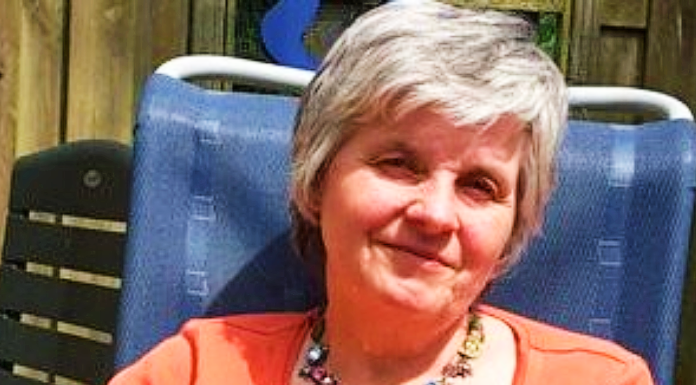(John Ransom, Headline USA) A tweet from a multiple sclerosis victim who is about to end her life has gone viral on Twitter.
Dear dear followers and other people, this is my last tweet. In a few days I will receive the final injection to end my life: multiple sclerose has won😢
— marlies smits (@marliessmits64) April 17, 2022
“Dear dear followers and other people, this is my last tweet. In a few days I will receive the final injection to end my life: multiple sclerose has won,” said Marlies Smits of the Netherlands.
Most of the messages that Smits received were supportive.
“So sorry you’re in this position, but I admire your bravery,” said one user.
“I’m already looking in to options for myself if I need to, but it’s illegal in the UK,” the person continued. “Giving your voice is very courageous. I hope your last days here are full of happy memories and there’s something better waiting.”
As the British user suggested, physician-assisted suicide or euthanasia is illegal in most places for humans.
Only 10 states in the US, plus the District of Columbia allow assisted suicide, with 33 states specifically prohibiting assisted suicide.
But that didn’t stop Twitter from promoting the controversial topic, which leads to others who want to explore that option for themselves.
“Do u know where’s she’s having this done at? I didn’t know this was an option anywhere??,” said another user who talked about assisted suicide like it was an elective procedure to alter the size of her nose.
Do u know where’s she’s having this done at? I didn’t know this was an option anywhere??
— Jamie (@elenamaria314) April 18, 2022
The Disability Rights Education & Defense Fund argues that the popularization of the concepts of having a choice about dying, to some extent, devalues people who are suffering from some sort of a disability such as multiple sclerosis.
“At the same time, large numbers of people, particularly among those less privileged in society, would be at significant risk of harm,” said the organization’s website.
People with chronic, terminal illnesses suffer from a kind of depression that makes them victims of assisted suicide, rather than beneficiaries. And the most vulnerable will always be the poorest people, who likely receive less intensive care than people who are more affluent.
“Oregon in fact has proven that the only symptom driving requests for [assisted suicide] is psychological distress,” added the fund. “Clearly the standard of care for depression and demoralization is not a lethal overdose of barbiturates.”

